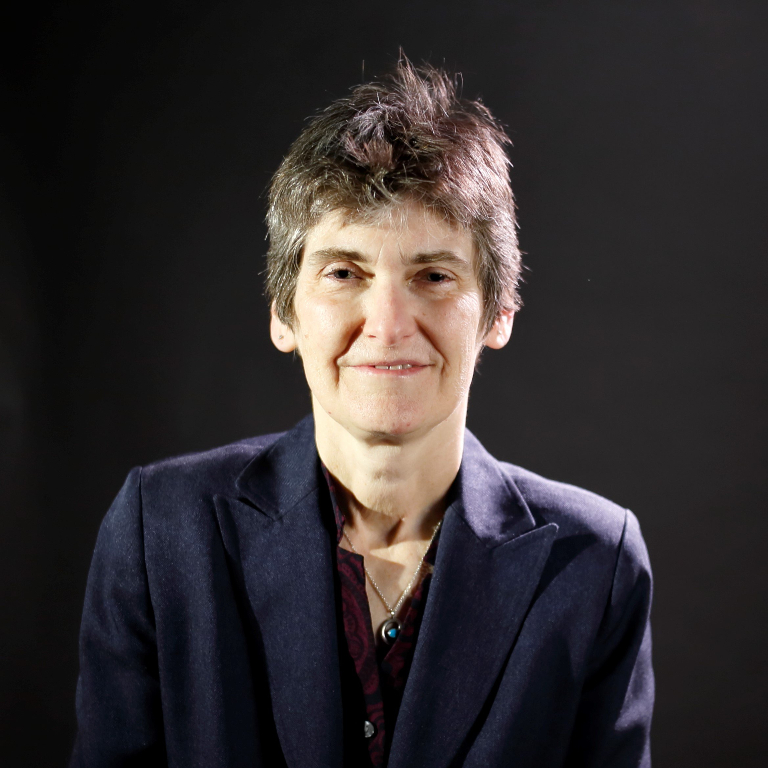Janet McCabe says the question is an important one to ask:
What can individuals and the City of Bloomington do to make a difference on climate change?
But she says individual and even municipal actions alone won’t reverse the effects of environmental degradation seen in recent decades. And she’s in a prime position to look for actions that make a difference.
McCabe is director of the Environmental Resilience Institute. Her work is at the core of one of Indiana University’s Grand Challenges – a challenge called Prepared for Environmental Change.
She says the mission is to help the state of Indiana be resilient to changes in the climate and those scientists predict will occur in the future.
“I’m talking specifically about increased temperatures – it’s getting warmer in Indiana and it’s going to continue to get warmer,” she says. “ … and changes in the amount of precipitation we’re getting at different times of the year and how severe those rain events are and we’re already seeing the flooding that’s happened.”
The institute brings together scientists, economists, communicators, historians and experts from many other disciplines to help prepare the state for what’s ahead. McCabe says the fact there are things individuals can do keeps them from despair and will have an impact in the long run.
“Even though scientists tell us these effects of climate change are going to continue and even worsen even if we eliminate carbon emissions today, every ton of carbon we don’t put into the atmosphere from this day forward make the problems easier to deal with and make less suffering and disruption,” she says.



